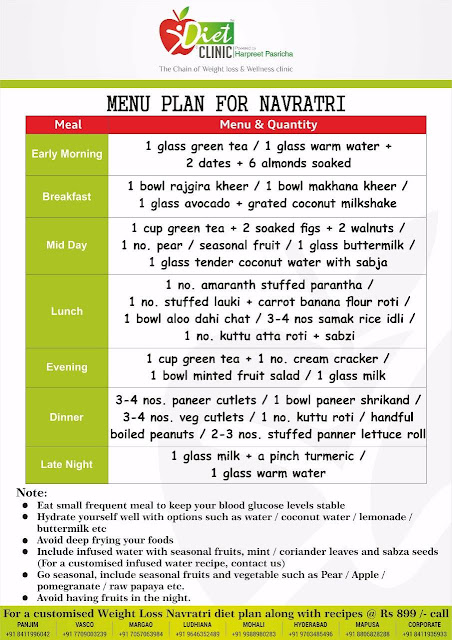Preventing Osteoporosis Through Diet
The age at which osteoporosis can occur in a person depends upon how good diet and healthy lifestyle the person had during his childhood and youth. It also depends on the rate at which calcium loss takes place from the bone.Nevertheless it’s too late to improve your bone health. Women are very much prone to the risk of osteoporosis later in life and hence should be able to add all the nutrients needed for healthy bones.
The 4 Major Nutrients you need to know for bone health :
1. Calcium
2. Magnesium
3. Phosphorous
4. Vitamin D
Let’s explore each of these a little bit more:
Calcium: Bones are the main storage site of calcium in the body and hence can be considered as one of the major building blocks of strong healthy bones.
• Sources: Tofu, Milk, yogurt, cheese, soya, sardine, tuna and salmon with bones.
There are some foods that contain enzymes that have high affinity towards calcium and hence hinder its absorption
• Phytic acid present in plant tissues, raw beans, seeds and grains
• Oxalic acid present in spinach
Diet Dr Clinic Cooking Tip: When making your meal calcium rich, do not mix more than 2 calcium rich sources together.
Phosphorous: Calcium and phosphorus work together to build up bones by combining together to form a crystal that gives bones their strength.
• Sources: Milk and milk products, whole grains, beans, nuts
Magnesium: A diet rich in calcium on its own is of little to no use as magnesium plays a key role in the absorption and utilisation of calcium as well as vitamin D in the body. It also teams up with the thyroid gland to control many essential aspects of hormones related to bone health.
• Sources : Nuts, Seeds, fruits like avocado ,figs, seafood and certain veggies like broccoli, cauliflower etc.
Vitamin D : is necessary for calcium absorption. This fat soluble vitamin is available through food and from body through your skin by the help of sunlight.
• Sources: Vitamin d rich foods are mackerel, tuna, egg yolk, beef liver, cheese. It’s difficult to get all the vitamin D we need from the diet but the easiest source is from the sun.
Apart from these caution must be exercised for those cases at risk of osteoporosis with life time exposure to other risk factors like smoking and chronic alcohol abuse.
Remember building better bones starts on your plate.






